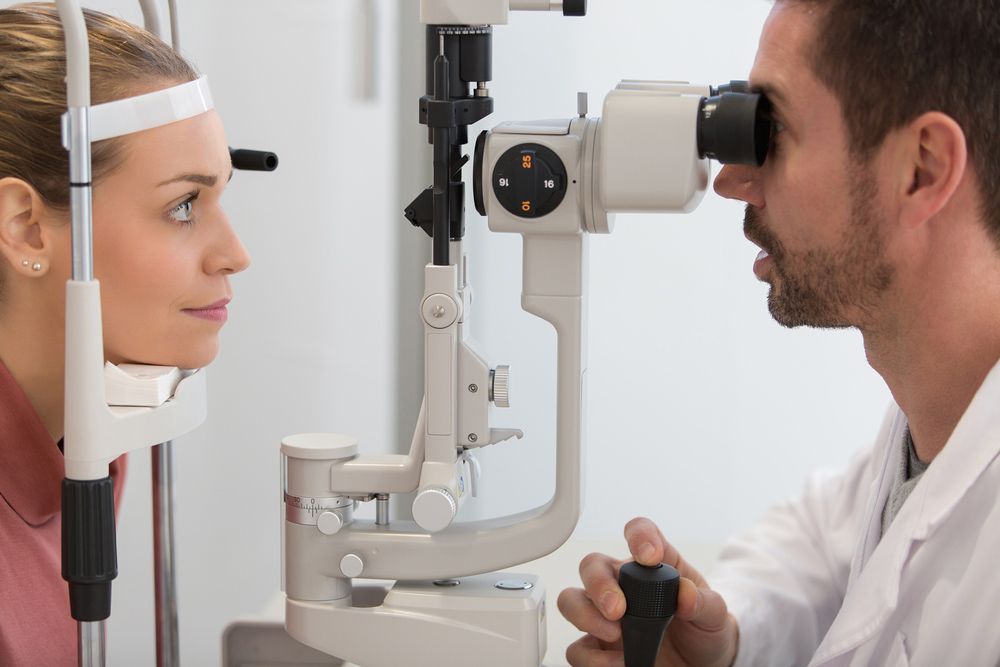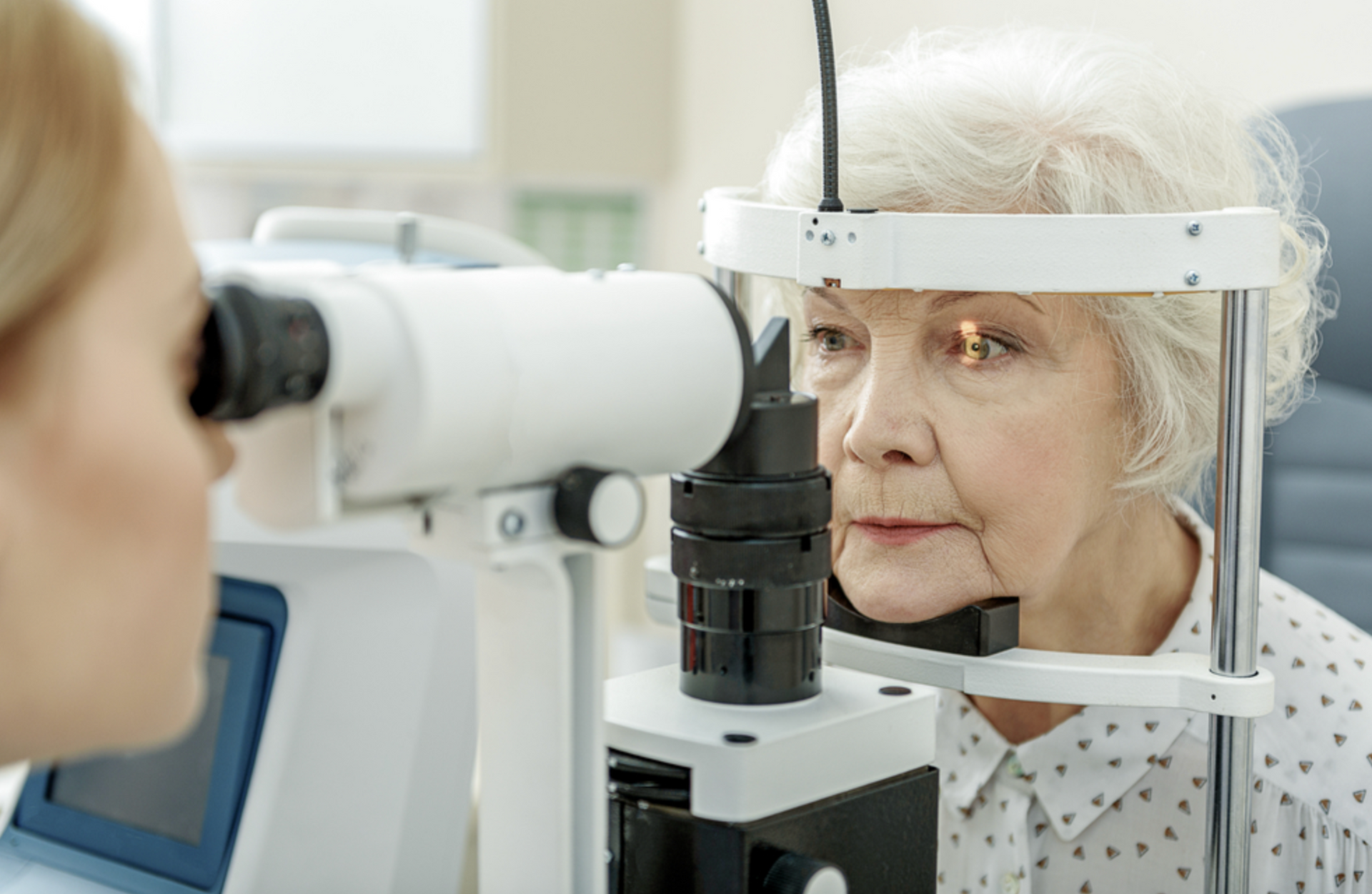Difference Between An Optometrist And An Ophthalmologist
Navigating eye care can sometimes feel like looking through a lens with multiple focal points. Two professionals often encountered in this journey are optometrists and ophthalmologists. At first glance, their roles might seem similar, but they have different qualifications and provide varied services. In this blog, we'll look at the key differences between these two professions, helping you understand who to turn to for your eye care needs.
Comparing The Roles: Optometrist Vs Ophthalmologist
Optometrists are primary healthcare professionals for the eye. They perform eye exams, prescribe corrective lenses and diagnose common eye conditions. On the other hand, ophthalmologists are medical doctors trained in eye and vision care, capable of performing eye surgery and treating more complex eye diseases.
| Aspect | Optometrist | Ophthalmologist |
|---|---|---|
| Services | Eye exams, prescribing glasses/contact lenses, treating conditions like dry eyes or glaucoma | Comprehensive eye care, including surgery, treating diseases like cataracts and macular degeneration |
| Surgical Privileges | Limited or none | Full surgical privileges for eye-related surgeries |
Why Would You See An Ophthalmologist Instead Of An Optometrist?
You might visit an ophthalmologist for care that goes beyond the scope of an optometrist's practice. This includes diagnostic tests for complex eye conditions, surgical interventions and treatment for diseases like glaucoma and macular degeneration. Ophthalmologists are equipped to handle severe eye conditions requiring medical or surgical treatment. They are trained to perform intricate procedures such as cataract removal or emergency eye surgery, which are beyond the capabilities of optometrists. Additionally, ophthalmologists can provide comprehensive treatment plans for chronic eye diseases.
Solving Complex Eye Problems: The Ophthalmologist's Approach
When facing intricate eye health issues, an ophthalmologist's knowledge becomes valuable. They offer:
- Advanced Diagnostic Testing: For accurate identification of complex eye diseases. This includes using imaging and testing techniques to pinpoint issues that might be missed in standard exams.
- Surgical Interventions: Including cataract surgery and more. These procedures are performed with precision and care, using advancements in eye surgery to improve vision.
- Treatments: For conditions like diabetic retinopathy and macular degeneration. Ophthalmologists provide targeted therapies that are tailored to each patient's unique condition.
Understanding The Importance of Comprehensive Eye Care
Comprehensive eye care involves more than just correcting vision problems; it encompasses preventive measures to maintain overall eye health. Regular check-ups with both optometrists and ophthalmologists can help catch potential issues early, preventing them from developing into more serious conditions. Patients should not overlook the importance of early detection, as many eye diseases can progress without noticeable symptoms. By understanding when to consult an ophthalmologist, patients can play an active role in protecting their vision.
Patient Education and Empowerment
An integral part of an ophthalmologist's role is patient education. They take the time to explain diagnoses, treatment options and preventive strategies, ensuring that patients feel empowered to make informed decisions about their eye health. This education extends beyond the clinic; ophthalmologists often provide resources and guidance on maintaining healthy vision through lifestyle choices, such as proper nutrition, UV protection and the importance of regular exercise. This holistic approach not only improves immediate health outcomes but also fosters long-term vision care habits.
Collaboration for Optimal Care
Collaboration between optometrists and ophthalmologists is essential for optimal patient care. When an optometrist identifies a complex issue during a routine examination, they will often refer the patient to an ophthalmologist for further evaluation and treatment. This referral network ensures that patients receive the best possible care tailored to their specific needs. It also emphasises the importance of continuity of care, allowing both professionals to work together seamlessly in managing a patient's eye health journey. Regular communication between these specialists facilitates shared insights, enabling them to stay updated on the latest advancements in eye care practices. This collaborative approach not only enhances diagnostic accuracy but also optimises treatment outcomes, ensuring that patients receive comprehensive and coordinated care throughout their eye health journey.
Advancements in Eye Care Technology
As technology continues to evolve, so do the methods and techniques used in eye care. Innovations such as telemedicine allow patients to consult with ophthalmologists remotely, making eye care more accessible. Furthermore, advancements in surgical techniques, including minimally invasive procedures, have significantly improved recovery times and outcomes. These developments highlight the commitment of the ophthalmology community to providing the highest standard of care while adapting to the needs of modern patients. Staying informed about these advancements can help patients feel more confident in their treatment choices. Specialists have many ways to deal with certain conditions now because of these advancements in technology. For example, individuals struggling with age-related macular degeneration (AMD) can get macular degeneration injections.
Overall, understanding the differences between optometrists and ophthalmologists is crucial for navigating eye care effectively. With their distinct roles and areas of expertise, both professionals are essential in maintaining and improving vision health. By recognising when to seek care from each, patients can ensure they receive comprehensive, personalised treatment tailored to their unique eye care needs. Whether you need a macular degeneration injection or just regular treatment, these professionals are always here to help you.
Discover Comprehensive Eye Solutions In Townsville
At 130eye, we understand the importance of eye care. Our ophthalmologists in Townsville provide comprehensive solutions for your eye health needs. Whether you require a routine checkup or surgical care for complex issues, we are here to help. Contact us today for more information on our services.



